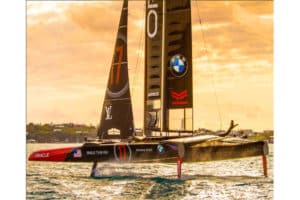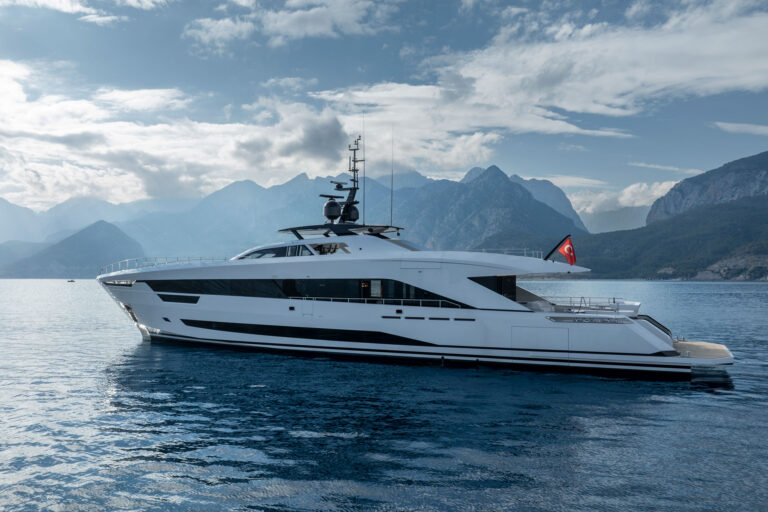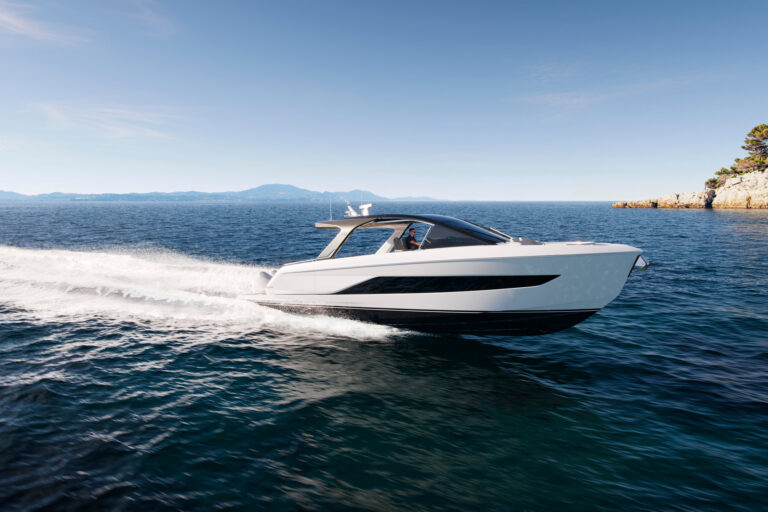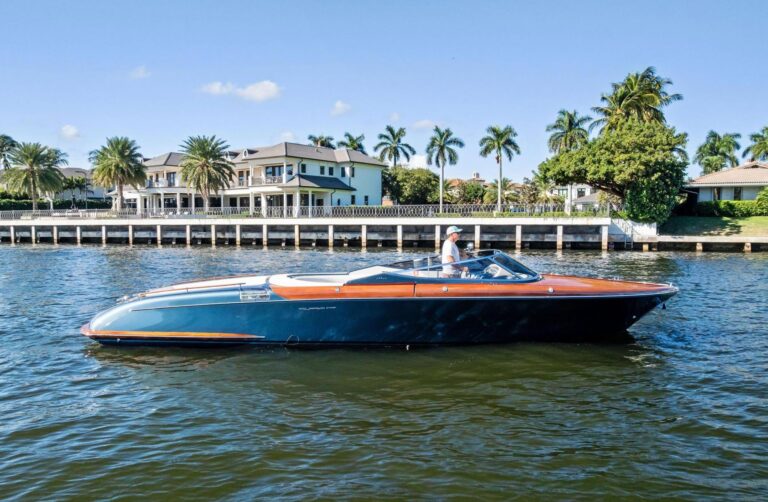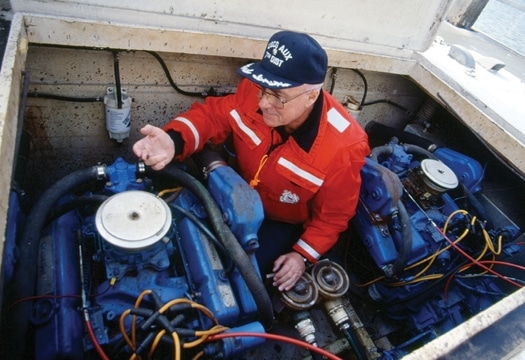
ytgjan26perf525.jpg
The headlines grab our attention: “Owner Missing After Boat Explosion, Fire Off Venice,” “Eleven Hurt in Boat Explosion in Florida,” “Two Injured in Lake Union Boat Explosion,” “Boat Explosion Shakes Throgs Neck.”
The dangers of deteriorating fuel systems are very real, and their maintenance should be on every boat owner’s list. But let’s keep things in perspective. Fear of explosion isn’t a reason to give up the ship.
Taken together, fires and explosions rank fourth on the BoatUS list of most common insurance claims, behind hurricane damage, striking submerged objects, and sinking. Most of those are fires without explosions, though, and are more commonly caused by defective wiring or overloaded shorepower connections than by fuel leaks. Statistics released by the U. S. Coast Guard paint an even safer picture. Of the 4,789 accidents they recorded in 2008, only 48 were attributed to “ignition of spilled fuel or vapor” and another 32 to “fuel system failure.” Together, these incidents caused two deaths-about ¼ of one percent of the total 709 for the year-and 51 injuries.That said, those two deaths were two too many, and some of these injuries involved severe burns. In addition, the partial or complete loss of 80 boats could have been avoided.
Perhaps the most important preventative is the installation of backfire flame arrestors on inboard gasoline engines. These devices attach to the carburetor or throttle body atop the engine, where an air filter might normally be on a car engine. They function by absorbing the heat and flame of a backfire and have been required by law for all gasoline-powered inboard boats for decades. If you have inboard gas engines, make sure you have a flame arrestor in place on each engine, that it fits tightly, and that it is clean and undamaged. It’s a simple matter to clean any buildup of grease or dirt with soap and water, but if the unit is damaged, replace it promptly with an approved arrestor complying with UL standard 1111 or SAE standard J1928.
Fuel piping and fittings, all the way from the fill plate to the engine and including the vent lines, should be inspected regularly for damage, wear, or deterioration of hoses and tubing, and for tightness of fittings. Even seemingly minor seepage can lead to a significant buildup of flammable fumes in the bilge over time.
A more recent problem has emerged with the use of ethanol-blended gasoline, known as E-10. Particularly in older boats with fiberglass fuel tanks, the ethanol additive has been shown to degrade resins, leading to a weakening of the tank’s structure which can result in leakage. Your boat’s manufacturer should be able to tell you if your boat is affected. If so, it’s best to avoid E-10 gasoline entirely. The alternative is to replace the tanks-unfortunately, not an inexpensive undertaking.
In all cases, accidents can often be avoided by ventilating the bilge before starting the engines, particularly after refueling. Use marine-grade bilge blowers-these are sealed so their internal electrical parts won’t spark an explosion; cheaper fans aren’t.
Propane gas is another possible source of fire and explosion that cannot be ignored. Heavier than air, propane will sink to the bilge rather than dissipating into the atmosphere, so any installation should be to American Boat & Yacht Council (ABYC) standards.
While most fuel-related fires are on gasoline-powered boats, they do occur in diesel enginerooms. They are often caused by a cracked injector line or loose fitting that allow a fine mist of diesel fuel to spray onto a turbocharger, exhaust fitting, or other hot engine part. One of the few diesel explosions I know of happened to Ralph Evinrude, of outboard engine fame, about 40 years ago. Aboard his motoryacht Chanticleer during some routine maintenance, an errant welder’s torch sparked an explosion in a nearly empty diesel tank. Said Evinrude after the casualty, which caused extensive damage to his Defoe-built yacht, “My engineers have spent millions trying to get diesel to explode inside an outboard engine, when all I needed was one idiot with a welding torch.”




